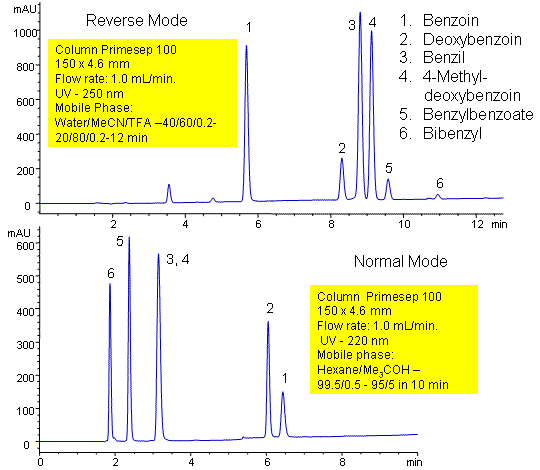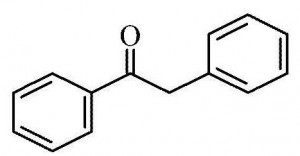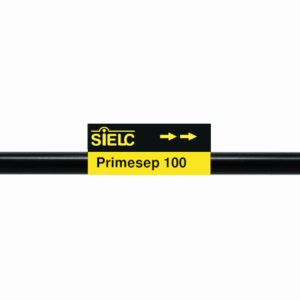| CAS Number | 451-40-1 |
|---|---|
| Molecular Formula | C14H12O |
| Molecular Weight | 196.249 |
| InChI Key | OTKCEEWUXHVZQI-UHFFFAOYSA-N |
| LogP | 3.2 |
| Synonyms |
|
Applications:
Reverse Mode vs Normal Mode: Separation of Aromatic Compounds
August 6, 2005

Primesep 100 separates a mixture of benzyl compounds in both normal- and reversed-phase modes with UV detection. The peak order of benzil, benzoin, bibenzylbenzoate, bibenzyl, deoxybenzoin, and 4-methyldeoxybenzoin are completely reversed with a change of mobile phase. The reversed-phase mobile phase of water, acetonitrile (MeCN, ACN) and trifluoroacetic acid (TFA) and the normal phase mobile phase of hexane and isopropanol both separate this mixture in less than 12 minutes total elution time.
Application Column
Primesep 100
The Primesep family of mixed-mode columns offers a wide variety of stationary phases, boasting unprecedented selectivity in the separation of a broad array of chemical compounds across multiple applications. Corresponding Primesep guard columns, available with all stationary phases, do not require holders. SIELC provides a method development service available to all customers. Inquire about our specially-tailored custom LC-phases for specific separations.
Select optionsBenzil
Benzoin
Benzylbenzoate
Bibenzyl
Deoxybenzoin



